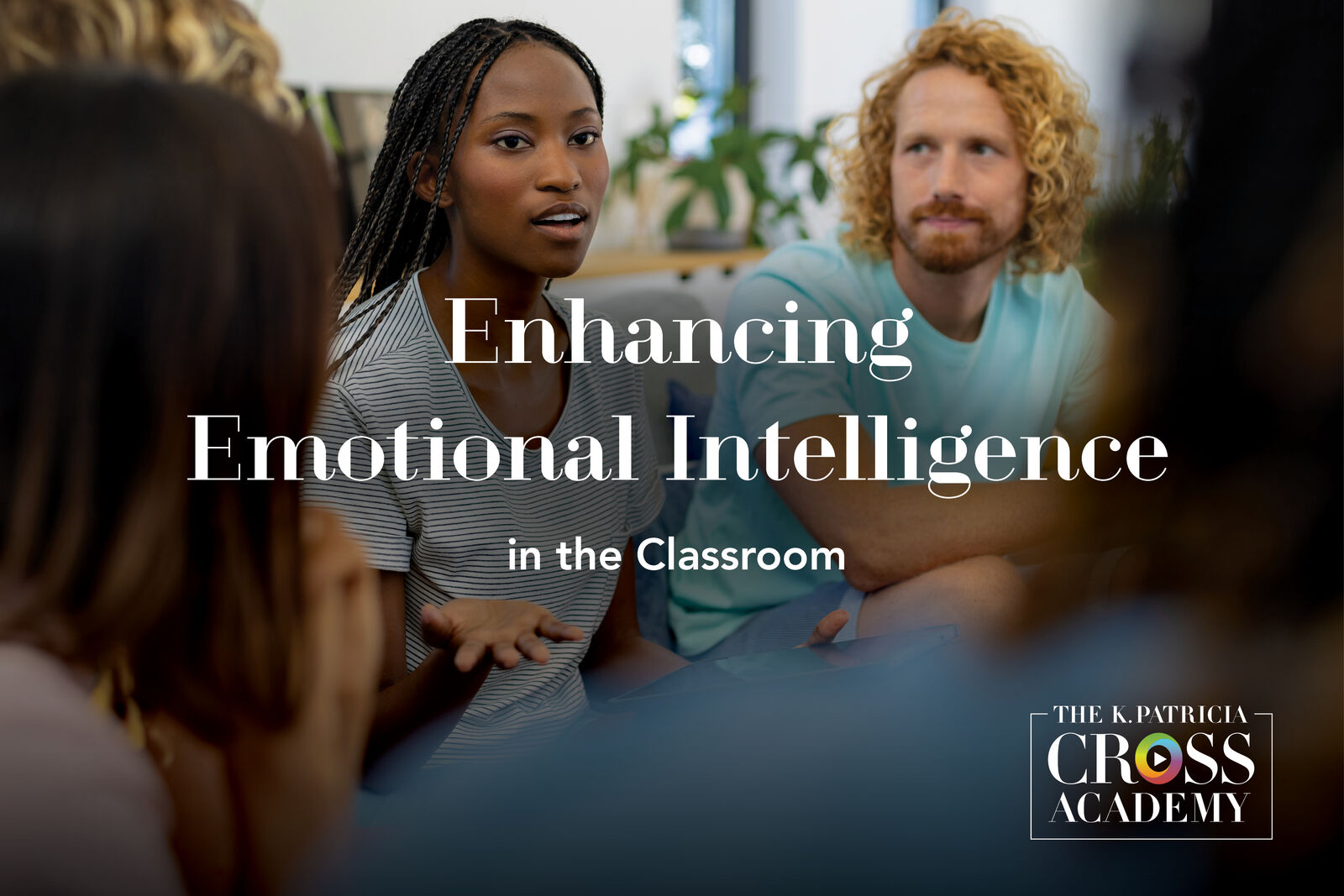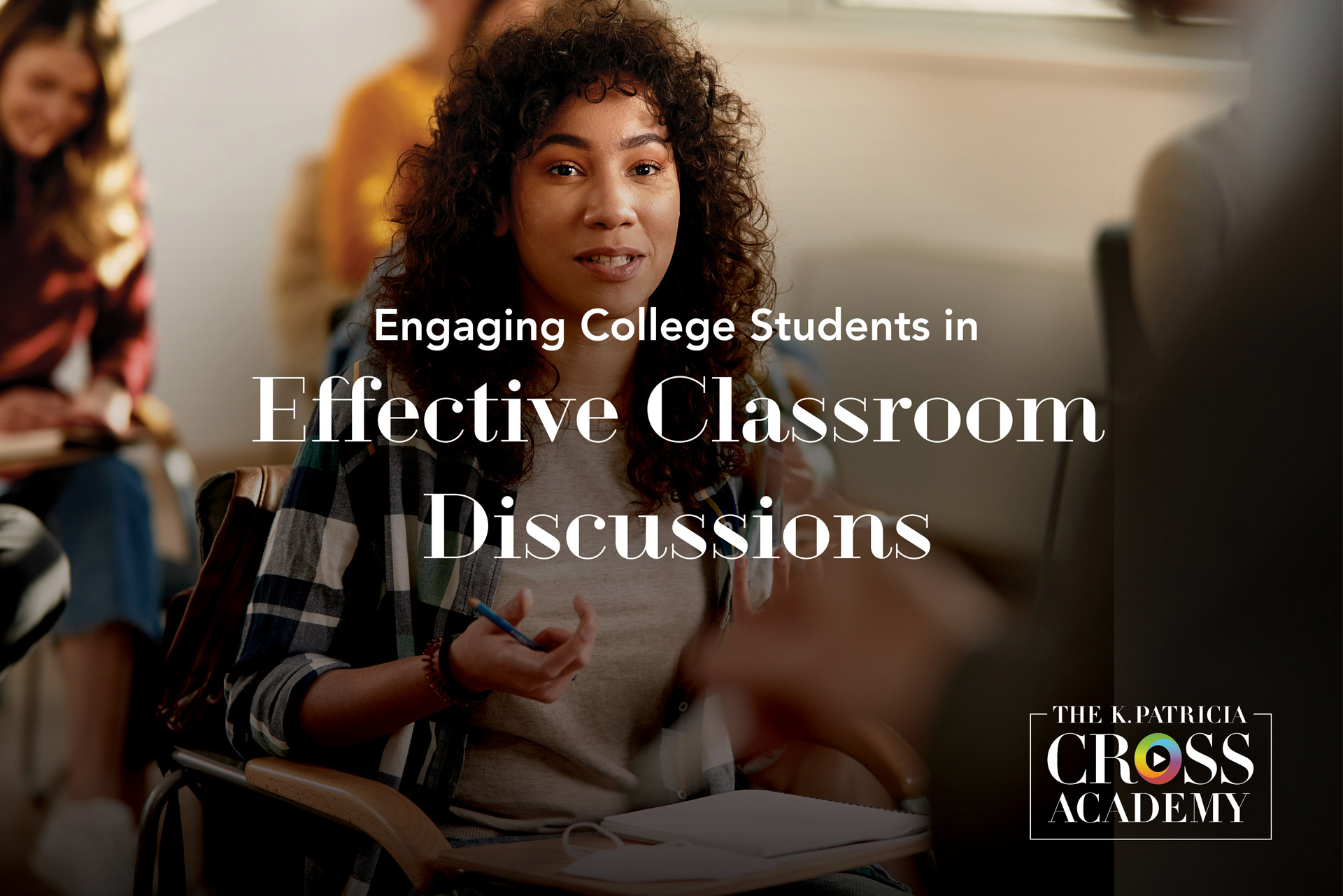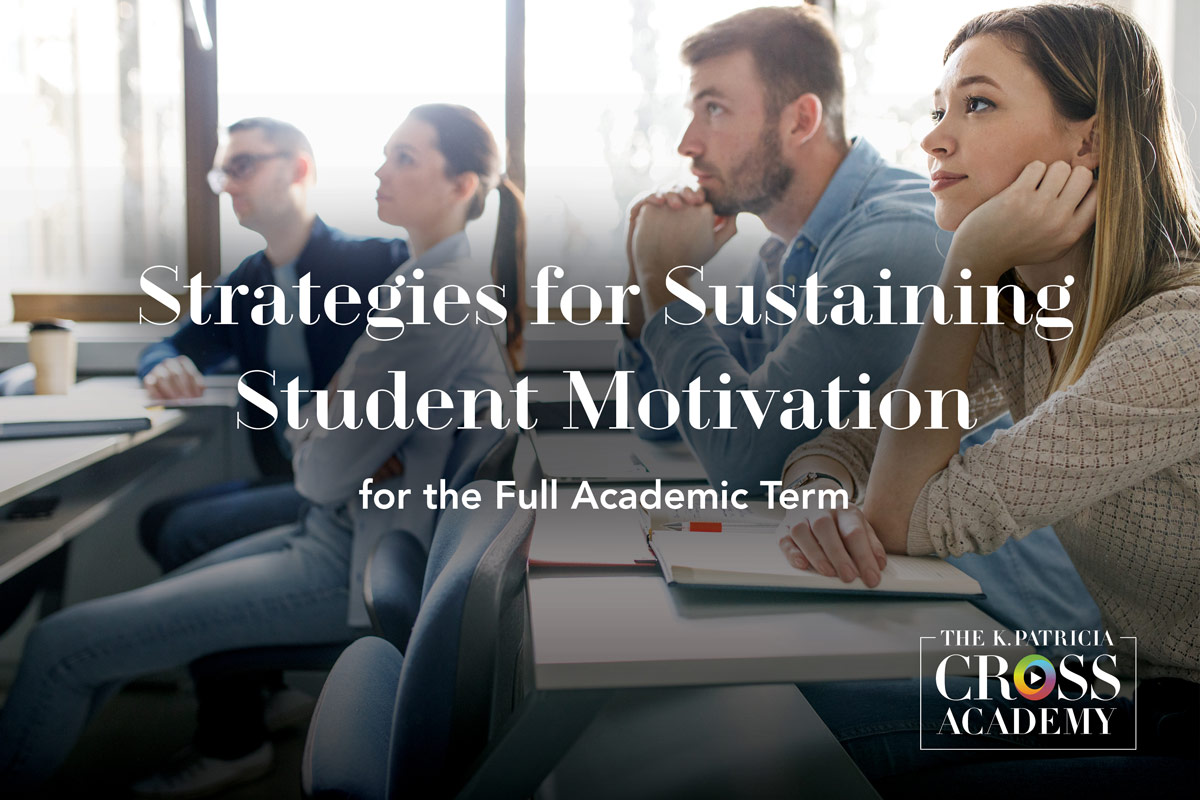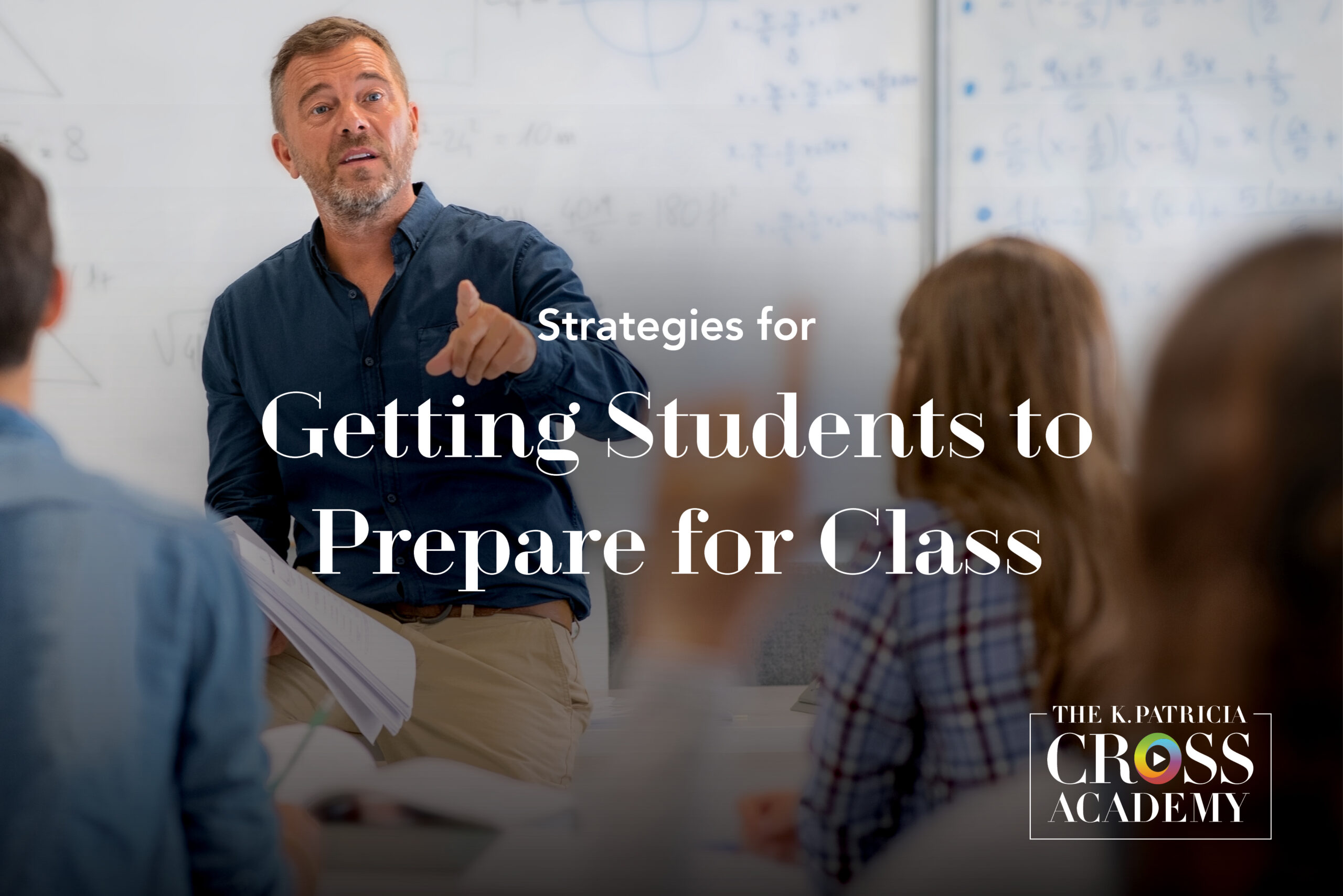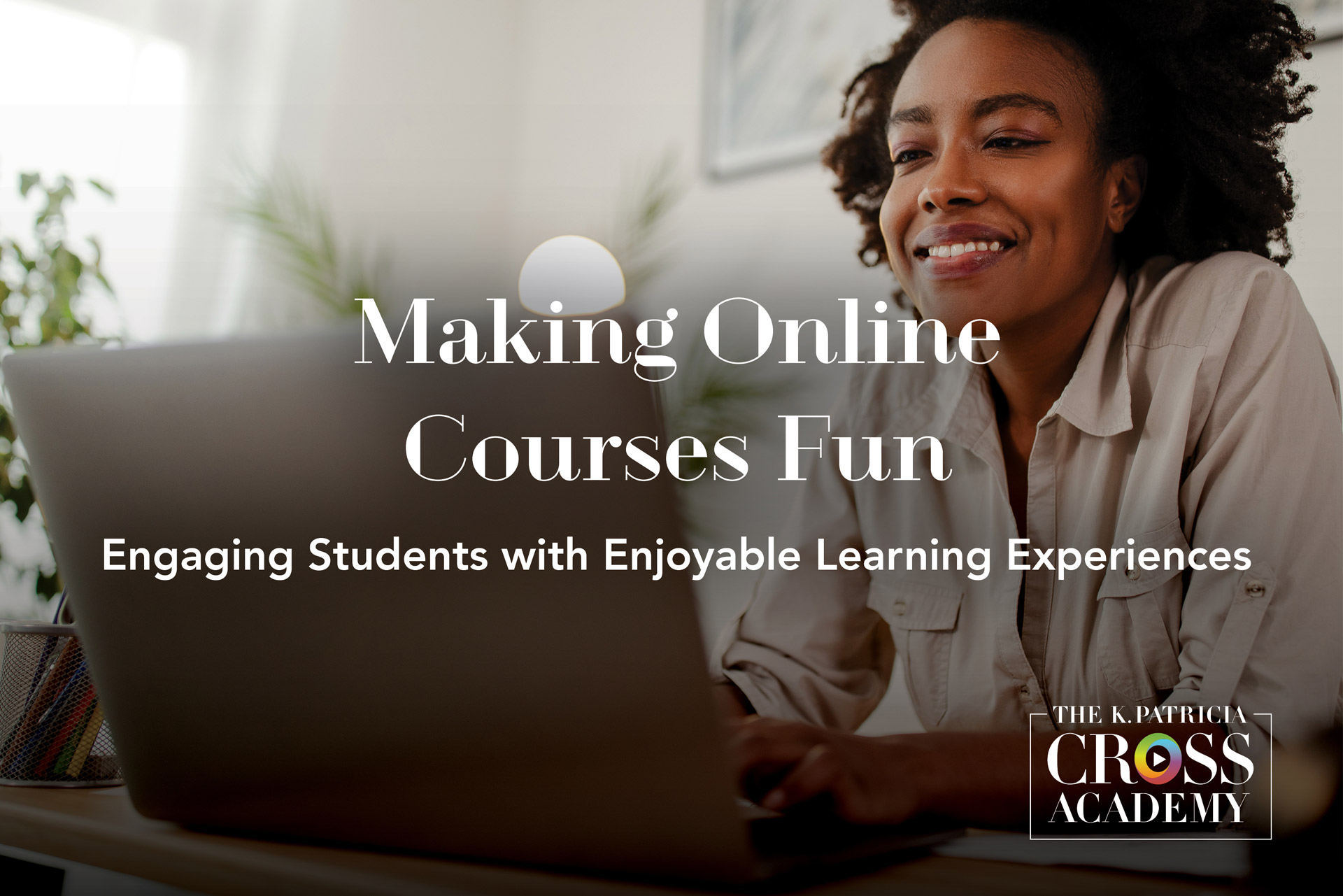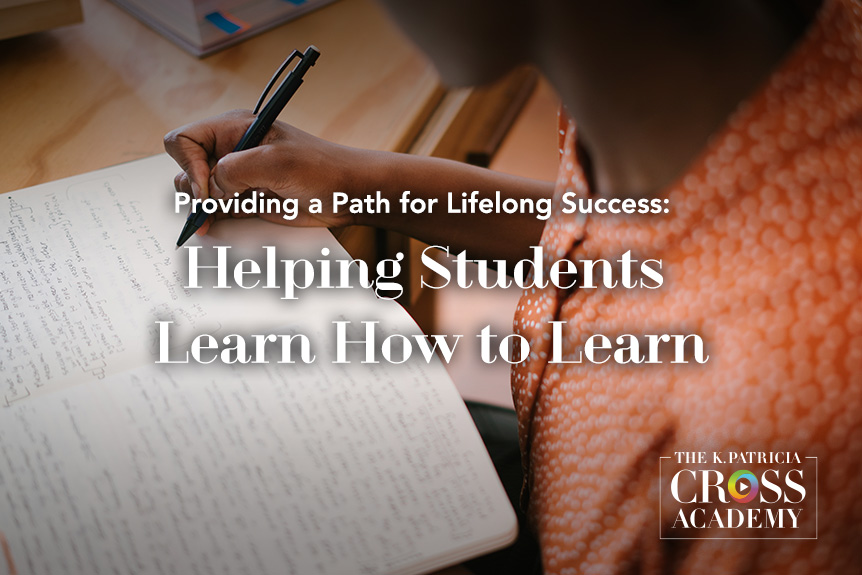
“It’s what you learn after you know it all that counts.” ―John Wooden
Many “edumyths” exist, and unfortunately these can be harmful to students and even to teachers. What are we talking about? Edumyths are common beliefs about education. These myths often express claims about what practices benefit learning or learners. They typically have no basis of fact, however. Either there is no research to support the myth or alternately the existing research may in fact debunk the claim.
One of the most commonly believed edumyths is the belief that teaching to students preferred learning styles will improve their learning. That means, for example, lecturing to students who are auditory learners, providing visual aids to students who are visual learners, asking kinesthetic learners to work with models, and so forth. In truth, students may prefer one type of study approach or teaching method to another. BUT Pashler and colleagues have reviewed the research and have come to the following conclusion: “there is no adequate evidence base to justify incorporating learning-styles assessments into general educational practice.” So, the research that has been done on matching teaching methods to learning styles does not support the hypothesis that doing so improves student learning. In fact, some studies directly contradict the hypothesis.
Want to test your own knowledge of edumyths? Check out this National Public Radio (NPR) quiz to self assess!
And if you’d like additional information about the research on learning styles, check out Pashler et al’s work.
We hope that you find these resources helpful. As always, if you know of an interesting resource that we should feature, please drop us a line at info@kpcrossacademy.org; we will of course credit you for the information you share.
Suggested Citation
Barkley, E. F., & Major, C. H. (n.d.). Got edumyths?. CrossCurrents. https://kpcrossacademy.org/got-edumyths/
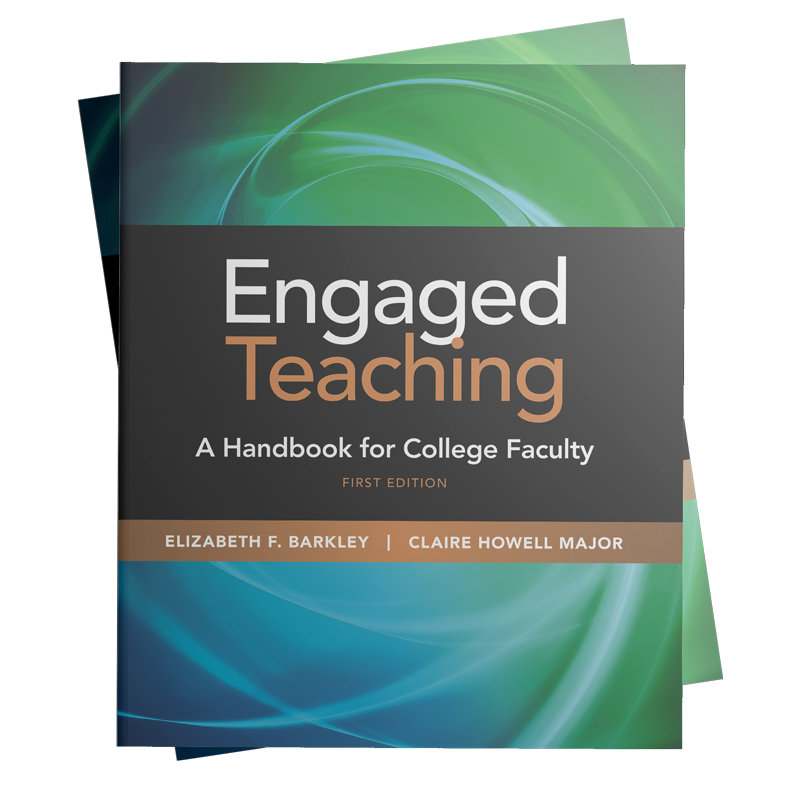
Engaged Teaching
A Handbook for College Faculty
Available now, Engaged Teaching: A Handbook for College Faculty provides college faculty with a dynamic model of what it means to be an engaged teacher and offers practical strategies and techniques for putting the model into practice.
